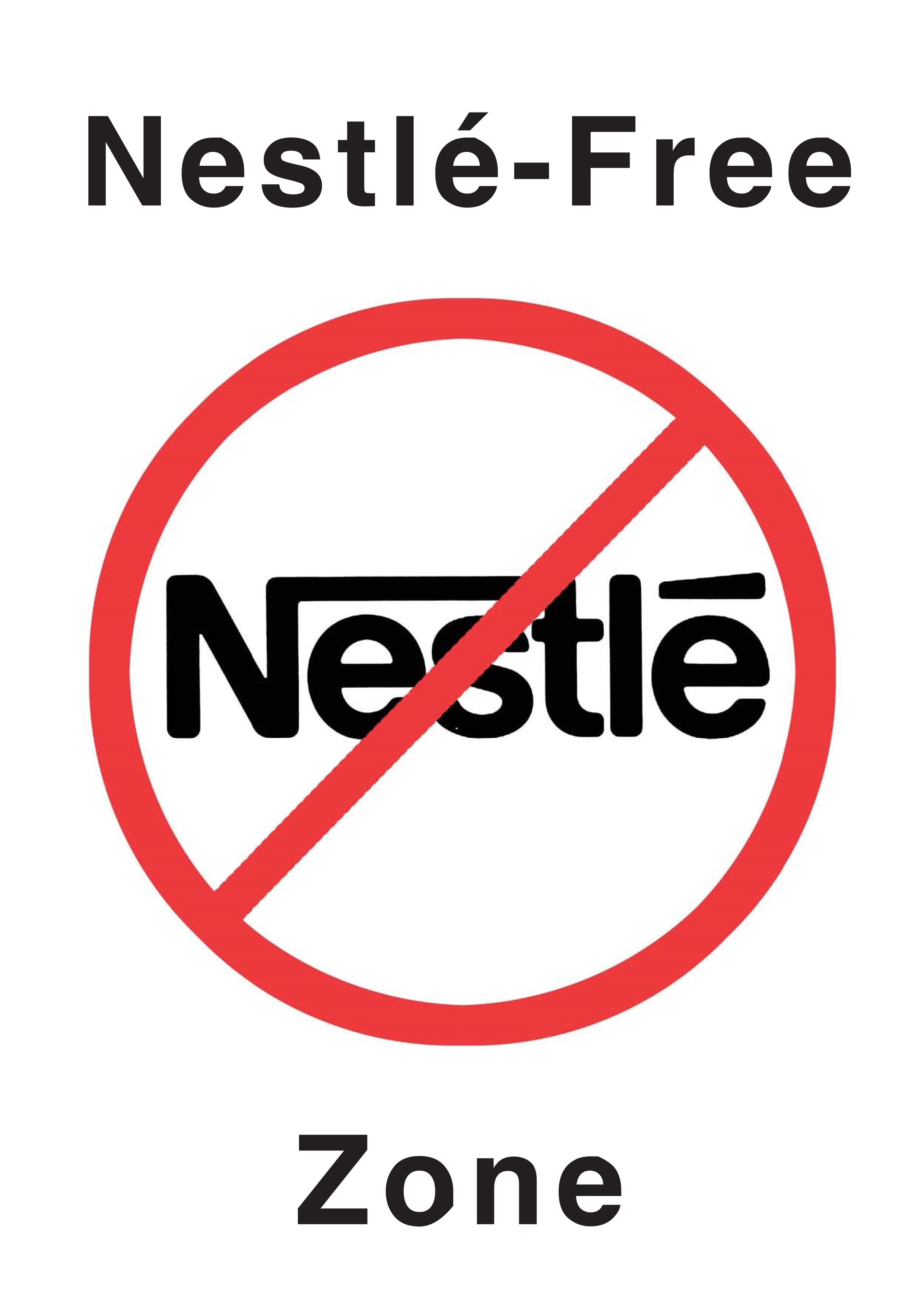Breastfeeding Challenges: ACOG Committee Opinion, Number 820
Breastfeeding Challenges: ACOG Committee Opinion, Number 820. Obstet Gynecol. 2021 Feb 1;137(2):e42-e53.
Abstract
Breastfeeding is associated with a decrease in a woman's risk of breast cancer, ovarian cancer, diabetes mellitus, and hypertensive heart disease. Breastfeeding initiation rates in the United States are increasing, and many women are aware of the maternal and infant health benefits of breastfeeding. However, problems may arise that can keep women from achieving their breastfeeding goals, and only 25% of women in the United States are breastfeeding exclusively at 6 months. Many women experience early and undesired weaning because of persistent pain or nipple injury. A focused history and physical examination are essential to help obstetrician-gynecologists and other obstetric care professionals distinguish the specific cause of their patients' pain and determine appropriate treatment. Studies have shown that pain with breastfeeding may be associated with postpartum depression; therefore, postpartum depression screening is an important part of the medical history when caring for these patients. Some women choose not to initiate breastfeeding, stop breastfeeding sooner than intended, or are unable to complete treatment with prescribed medications because they may have concerns regarding medication use during lactation. Health care professionals prescribing medications during lactation should base their counseling on accurate, current information from resources such as the National Center for Biotechnology Information's Drugs and Lactation database (known as LactMed). Causes of early weaning also may be attributed to societal factors, such as limited access to paid maternity leave and barriers to breastfeeding in the workplace. Obstetrician-gynecologists and other obstetric care professionals are uniquely positioned to support women in these situations.
A cikk teljes szövege az Obstetrics & Gynecology oldaláról letölthető.

